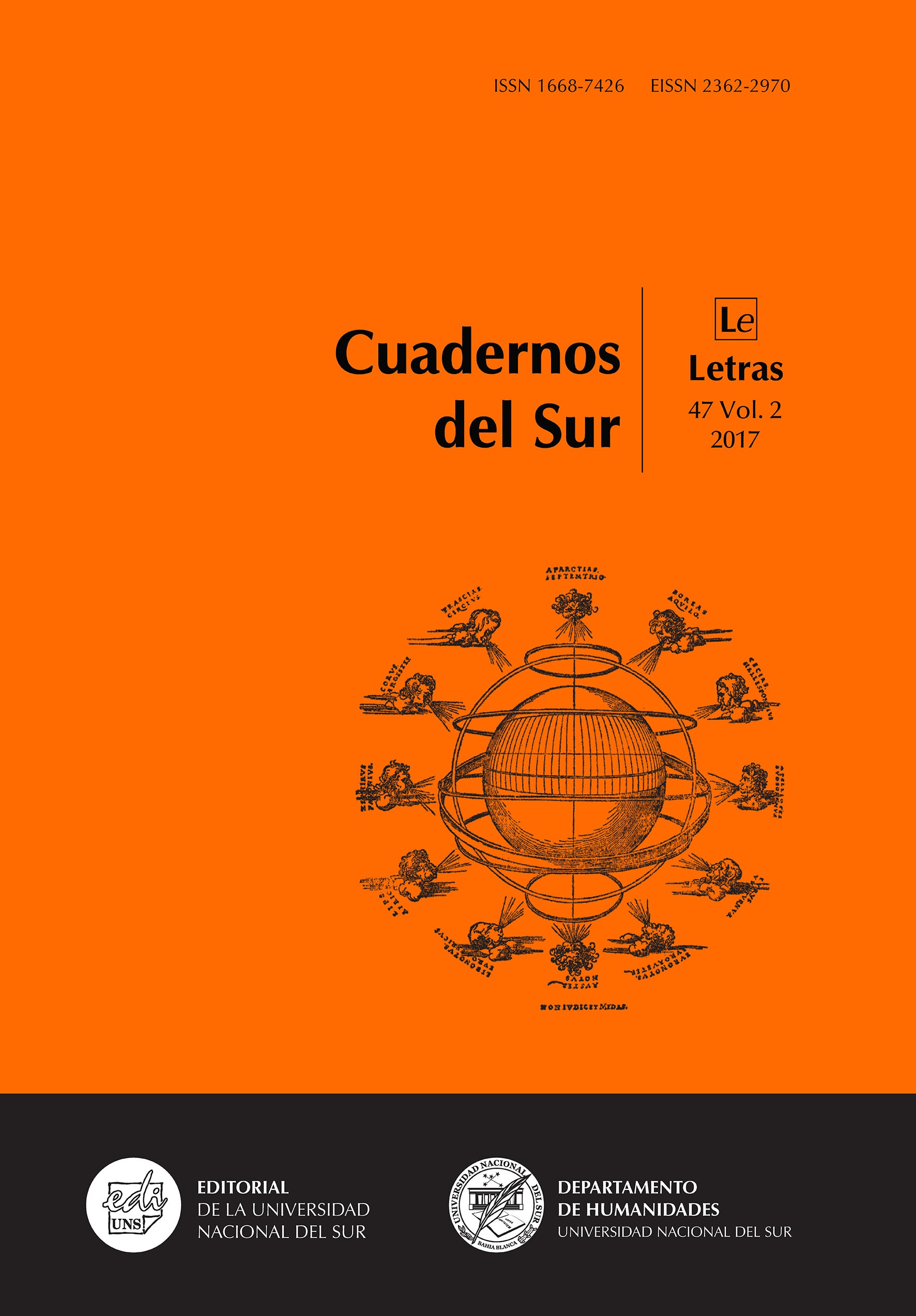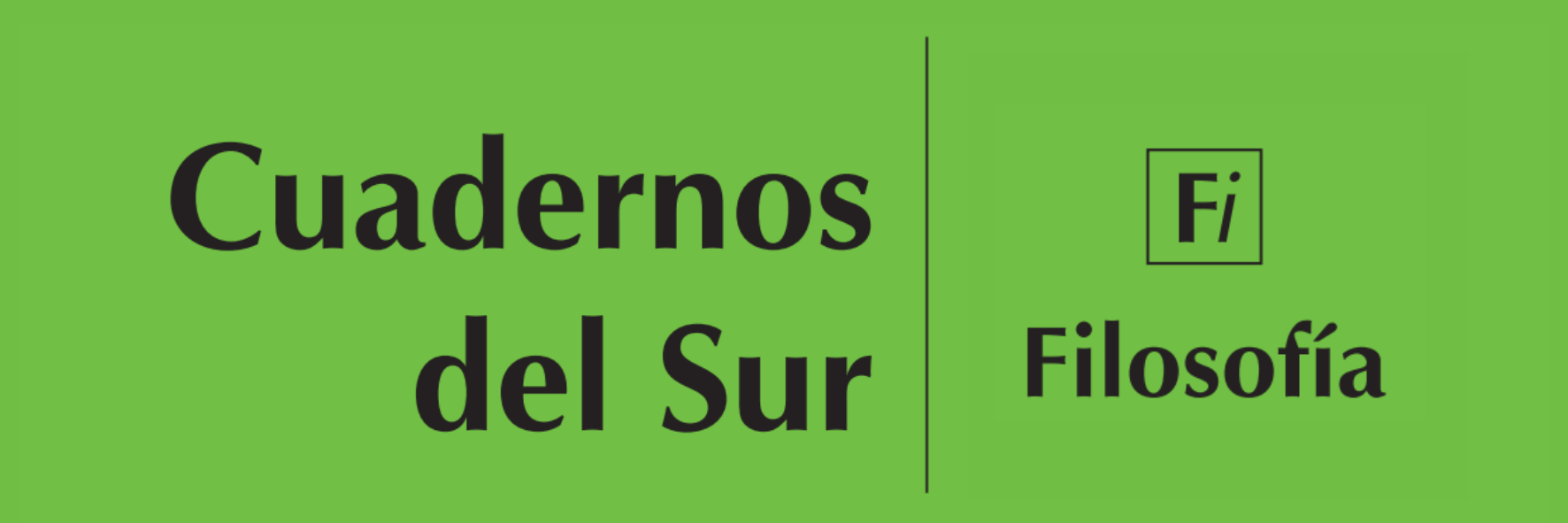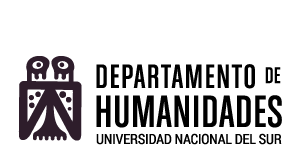La inmanencia del lenguaje: de la inclusión genérica al agenciamiento de la alteridad, el deseo y la micropolítica
Keywords:
language, politics, ideologyAbstract
Language has been a matter of strong public controversy throughout modernity and, in general, it has been clung to successive agendas related to reflecting on the ideal or model language of a speaking community. In that sense, every model of language has reproduced, in most cases, the ideology of the dominant classes and, since the XIX century, the result of these disputes has been massively spread by the education system and the erudite institutions such as language academies. The mass use and controversial issue that occurred with the socalled inclusive language in our country has crossed diverse age and social sectors as a way of political and ideological intervention of language. The significance of these changes points out the revealing of semantic and morphosyntactic aspects which go beyond the mere dispute over grammatical genre and gender identity. In this paper we will examine, firstly, arguments in favor of and against this way of articulating language, and we will emphasize the difficulties that the linguistic field has tried to address. Secondly, we will present intellectuals who provide critical perspectives that allow us to reflect on this use of language from a political and ideological positioning.
Downloads
References
Academia Argentina de Letras (2017), “La lengua en el centro de un debate social: el caso del lenguaje inclusivo”, [disponible en http://www.aal.edu.ar/].
Butler, Judith (2018), El género en disputa. El feminismo y la subversión de la identidad, Barcelona, Paidós.
Deleuze, Gilles (2014), “La inmanencia: una vida” en Ensayos sobre biopolítica. Excesos de vida, Buenos Aires, Paidós, pp. 35- 42.
Derrida, Jacques (1998), La escritura y la diferencia, Barcelona, Anthropos.
----- (2000), De la gramatología, Buenos Aires, Siglo XXI.
----- (2010), “La différance”, en Textos de teorías y crítica literarias. Del formalismo a los estudios postcoloniales, Madrid, Anthropos, pp. 285-304.
Galperín, Karina (2018), Entrevista realizada en La nación más [disponible en https://www.youtube.com/watch?v=-z4fgdPv620 -consultado el 19 de junio de 2018].
Guattari, Félix (2003), Micropolítica. Cartografías del deseo, Buenos Aires, Tinta limón.
Kristeva, Julia (1981), Semiótica I y II, Madrid, Espiral.
Lakoff, Robin (1973), “Language and woman´s place”, en Signs, Nueva York, University of Nueva York, pp. 35-51.
Saab, Andrés (2016) "La ideología misógina no es lingüística sino social", [disponible en www.diariopublicable.com].
Saussure, Ferdinand (2010), Curso de lingüística general, Buenos Aires, Biblós.
Downloads
How to Cite
Issue
Section
License
Copyright (c) 2019 Rolando Javier Bonato

This work is licensed under a Creative Commons Attribution-NonCommercial-ShareAlike 4.0 International License.
Aquellos autores/as que tengan publicaciones con esta revista, aceptan los términos siguientes:
- Los autores/as conservarán sus derechos de autor y garantizarán a la revista el derecho de primera publicación de su obra, el cuál estará simultáneamente sujeto a la licencia Atribución-No Comercial 4.0 Internacional CC BY-NC 4.0.
- Los autores/as podrán adoptar otros acuerdos de licencia no exclusiva de distribución de la versión de la obra publicada (p. ej.: depositarla en un archivo telemático institucional o publicarla en un volumen monográfico) siempre que se indique la publicación inicial en esta revista.
- Se permite y recomienda a los autores/as difundir su obra a través de Internet (p. ej.: en archivos telemáticos institucionales o en su página web) una vez publicado su trabajo, lo cual puede producir intercambios interesantes y aumentar las citas de la obra publicada. (Véase El efecto del acceso abierto).










